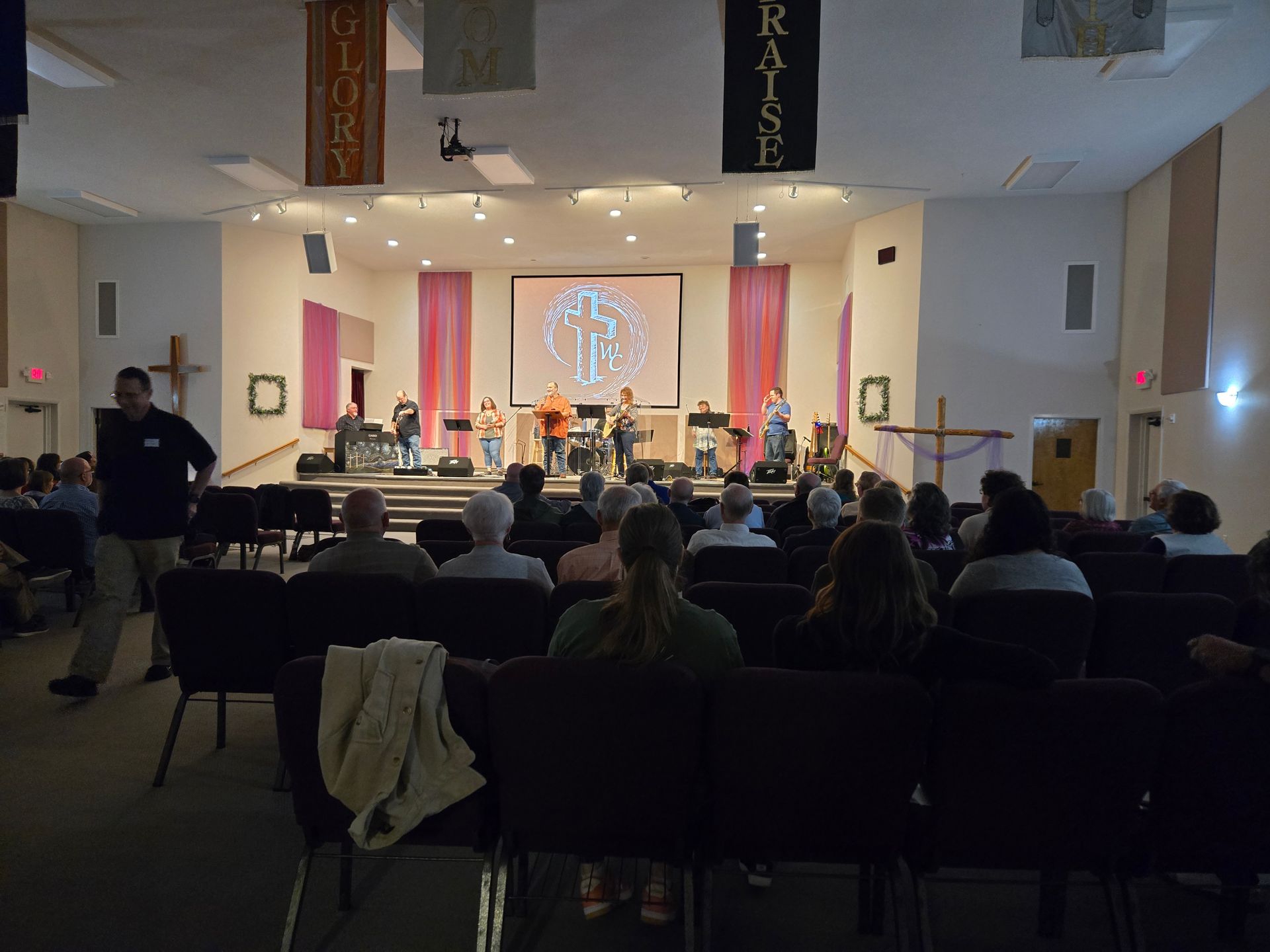Dead Documents
OK, The Brethren Church is a very relational group of people. Most of us find our local defining documents (mission, vision, values, by-laws, constitutions, articles of incorporation, etc.) pretty annoying, assuming we can even find them. Churches are busy places, so why should anyone spend any time on looking at a church’s defining documents? Let me give you a few reasons why healthy churches do not have dead documents.
They define HOW we relate to each other. Everyone who serves in a church desires to know to whom they are accountable, what they are expected to do, and how they ask for funds, seek changes, etc. A church’s by-laws and policy manuals define these things for people, making recruiting much easier and confusion much less likely. In their absence, or in the ignorance of their existence, people do what they think is the right thing to do, which works as long as everyone else agrees. The healthier the church, the more new people will be seeking to use their gifts and serve within their passions, and they will desire definitions and guidance. Well written, flexible, and responsive guiding documents make understanding roles and responsibilities much easier.
They minimize conflict. When everyone understands their roles and responsibilities, conflict occurs much less frequently. When those same documents outline a process for how to select, supervise, review, and, if necessary, discipline people within the church family, it makes conflict much less frightening and anxiety producing, as everyone understands how stressful situations will be handled. This is why most companies require their employees to read and sign off on the employee handbook when they are hired. It also protects the relationships of everyone involved, clearly communicating a Biblical process for reconciliation. In many cases, church conflict can get out of hand when these documents are so out of date that they no longer reflect the church’s current reality and are unable to provide guidance on how to deal with stressful situations.
They help communicate identity. A church’s guiding documents reflect an absolute reality within a church body, a particular self, and world view. Reviewing a church’s governing documents is one of the many things a MOBILIZE team member may do to gain insight into how a church operates. Documents that are rarely reviewed and updated reveal more about a church’s past than its present, and lose their ability to help leaders understand the way the church functions. If a church permits these documents to become weak reflections of their current reality, that present reality is then defined by the personalities within the Church that have the most influence, without the benefit of those powers being examined by the larger body, the way a regular review of guiding documents provides.
How dead are your documents? If you haven’t reviewed your guiding papers in the last 3 to 5 years, they probably could use an update. Has your leadership team ever read them? Can they even find them? If most say “no,” it is probably time to blow the dust off and see how they need to be changed to reflect both what is happening, and how your church desires things to happen. If you need some help on this, or examples of the different ways guiding documents can be written, let us know.
Mobilize wants to help your church get healthier! If you have a question about church health, growth, and vitality, let us know how we can help!
If your church wants help getting healthier, or is interested in the Natural Church Development process we use to assess and promote church health, you can contact The Brethren Church National Office at 419-289-1708










